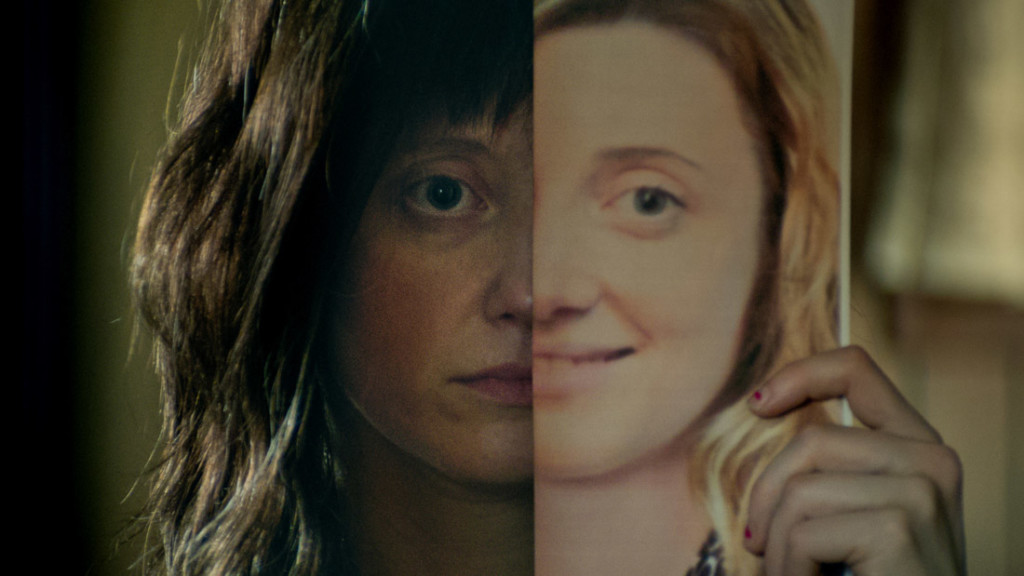Seven years ago, online audiences drew close to the experiences of Amina Arraf, who described herself as a Syrian-American lesbian. Web traffic exploded on her blog A Gay Girl in Damascus and Arraf engaged in cyber relationships with political activists who identified as lesbian. Then Arraf disappeared, leading her readers and online friends to believe she had been arrested and imprisoned during the Arab Spring uprisings.
Arraf turned out to be Tom MacMaster, who lives in Georgia, and as a late 2017 article in The New Yorker magazine noted, “MacMaster’s backstory follows a pattern similar to those of other hoaxers, especially recent ones: he was a publishing failure who had written pieces in his own voice, as well as a novel, but these efforts met with little success.” Something similar could have been said about Laura Albert who created the literary persona Jeremiah “Terminator” LeRoy, purportedly a rural West Virginia gay teenager who was trying to cope with a history of sexual abuse and the discovery that he was HIV positive.

Anti-hero characters who live a lie so convincingly that the line between performance and real identity fades almost completely make for compelling drama. In Nancy, which premiered at this year’s Sundance Film Festival, director and screenwriter Christina Choe sets a narrative that echoes her fascination (and, frankly, ours) with the memorable chronicles of catfishers, literary hoaxers and frauds who pretend to be the heir apparent to great family fortunes and legacies (for example, Christian Karl Gerhartsreiter who posed as Clark Rockefeller, claiming to be part of one of America’s most famous families, and now is serving a prison term for murder).
Choe’s main character is Nancy, who has convinced herself that she was kidnapped as a child more than 30 years earlier. She acts upon that fantastical belief when she meets a couple whose daughter went missing at about the same time Nancy believes that she was kidnapped.
The film is produced by Mental Pictures, EON Productions and Gamechanger Films in association with XS Media. Geralyn Dreyfous, co-founder of the Utah Film Center and founder of Gamechanger Films, is one of the executive producers. The film’s cast includes Andrea Riseborough, J. Smith-Cameron, Steve Buscemi, Ann Dowd and John Leguizamo.
The film engages the viewer with a narrative wrapped entirely in subtleties found in many of the most dramatic moments as well as the nicely placed bits of comedic touches. That carries through in the music, the time of the narrative (gray, snowy winter) and the camera work (which starts more inwardly focused and as portrait shots of the character and then broadens outward as Nancy’s fantasy of being reunited with whom she sees as real parents takes hold). Choe’s direction bends appropriately toward the excellent cast who fill the roles naturally and credibly to create the right tone for the film.

Initially, Nancy (played perfectly by Riseborough) is thoroughly unhappy and seems hopelessly isolated. Her mother (Dowd) is terminally ill and is consistently unsatisfied with the care Nancy gives her. Nancy receives no validation from source. She is exasperated that her mother is nosy about her mail. She aspires to be a writer but the rejections keep coming (including The Paris Review).
Nancy’s coping mechanisms are embedded in pathological lies. Some seem innocent and humorous enough when she tells co-workers that she has been to North Korea and shares photoshopped images from her cellphone. Others are more impactful. She blogs online as a pregnant woman with a terminally ill baby, a story that hits home for Jeb (played with all of the right nuances by Leguizamo). Jeb lost a child and was divorced subsequently. Nancy carries through on the impersonation when she meets Jeb but it is evident that she is awkward and hesitant about how to connect emotionally with anyone, even if that person, too, has had a troubled past. Jeb sees her again in a grocery store but Nancy is caught off-guard and her lies are exposed quickly.
After her mother dies, Nancy sees a television news report featuring a couple (Buscemi and Smith-Cameron) talking on the 30th anniversary of their five-year-old daughter’s disappearance. Nancy convinces herself of this fantasy of being the couple’s long-lost daughter based on the barest of circumstantial evidence.
She contacts the mother, who is a university professor of comparative literature. After Nancy texts a photo to her, the mother insists on meeting as soon as possible. Nancy packs up a few items, brings her cat and soon arrives at the home, a complete contrast to the drab surroundings Nancy had shared with her late mother.
She is welcomed with a meal which appears like gorgeous food-porn photos in gourmet magazines. The husband is more cautious than his wife, preferring to let a private investigator confirm details but the wife gives into her own fantasy that she finally has been reunited with her daughter. But, eventually the husband warms to Nancy’s presence.
Nancy is desperate to escape from the ennui of her life but it becomes apparent just how difficult it is for her. It is barely a week after her mother’s death when she encounters the couple and the truth emerges within days.
There is an empathetic irony in Choe’s film. The actors inhabit their roles with such impeccable credibility that emphasizes just how powerfully film can craft lies. Like Nancy, the couple is willing to engage in the fantasy, stepping into it gradually but resolutely. This occurs despite the fact that years before their hopes were dashed by a lead that turned out to be false. Every individual’s vulnerabilities are exposed and the desire for fulfilling intimacy and sincere love is all-encompassing. Social media channels and apps today amplify these dynamics enormously.
Additional screenings of Nancy are as follows:
Thursday, Jan. 25, 12:15 p.m. — Eccles, Park City
Friday, Jan. 26, 9 p.m., Park City Library, Park City
For more information on Sundance programs and ticket information, see here.

